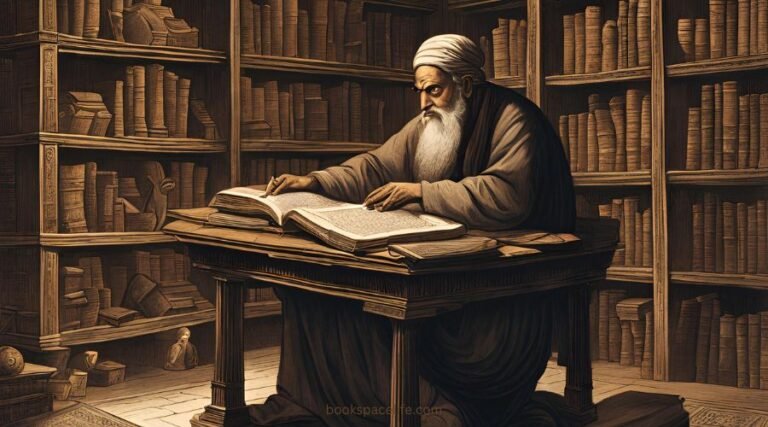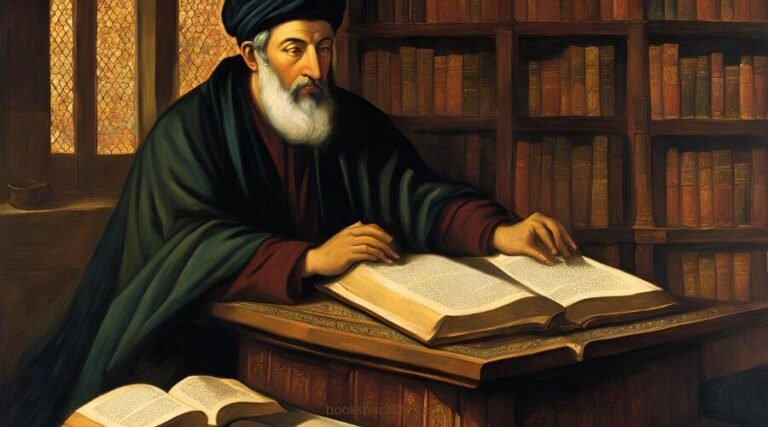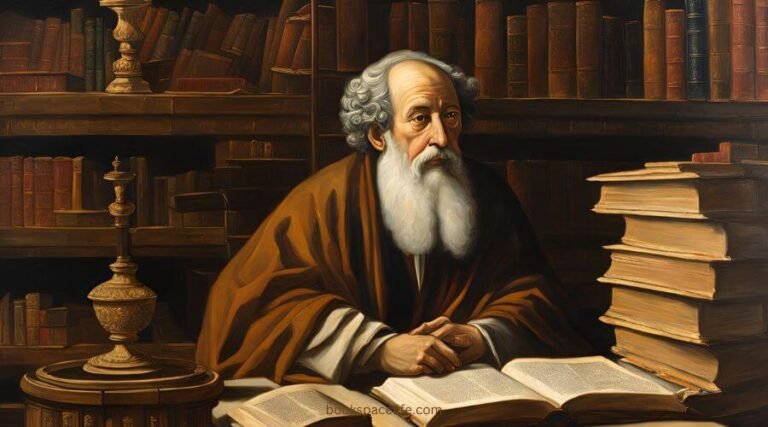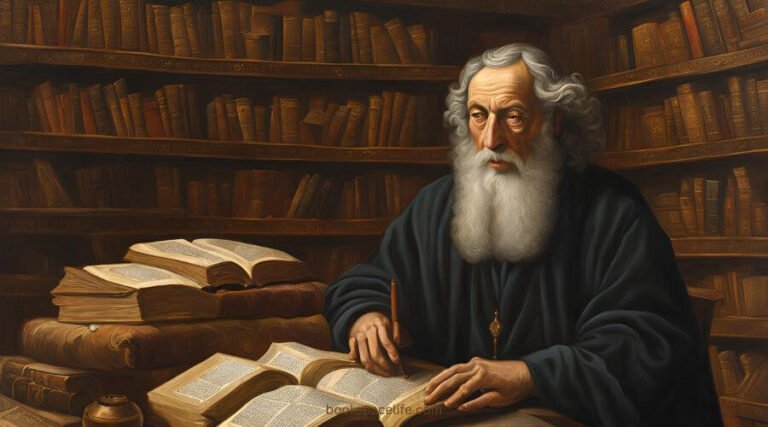
Saadia Gaon (882 – 942 CE)
Living during a formative period for Jewish intellectual life, Saadia pioneered efforts to synthesize Jewish theology with philosophical reasoning, creating a foundation for rationalist approaches within Judaism.

Living during a formative period for Jewish intellectual life, Saadia pioneered efforts to synthesize Jewish theology with philosophical reasoning, creating a foundation for rationalist approaches within Judaism.

Judah Halevi (1075–1141 CE), a renowned Jewish philosopher, poet, and physician, is considered one of the most significant figures in medieval Jewish thought.
Born during a time when the Jewish community flourished under Muslim rule in Spain, Halevi's intellectual legacy continues to influence Jewish philosophy and literature today.

Abraham Ibn Ezra (1089–1164 CE) was a Spanish-Jewish poet, philosopher, astronomer, and biblical commentators.
His works cover a range of fields from biblical exegesis and grammar to philosophy, astronomy, and mathematics.

His life spanned turbulent times, including the political and religious upheavals of the medieval Jewish diaspora, and his work continues to have a profound influence on Jewish thought, philosophy, and even the development of Western philosophy.

Moses de Leon (1250–1305 CE) stands as one of the most influential figures in Jewish mysticism, particularly in the development of Kabbalah.
His contributions to Jewish philosophy and mysticism have had a lasting impact, both in his time and in later centuries, shaping the course of Jewish thought, mysticism, and spirituality.

Levi ben Gershon, or Gersonides, integrated Aristotelian philosophy with Jewish thought. His work, The Wars of the Lord, explores divine knowledge, free will, and astronomy, emphasizing reason’s role in understanding faith.

Hasdai Crescas was one of the most influential Jewish philosophers and theologians of the late medieval period.
His works and ideas represented a bold and critical response to the philosophical and theological challenges facing Jews in the midst of significant political, religious, and social upheaval.

Hasdai Crescas was one of the most influential Jewish philosophers and theologians of the late medieval period.
His works and ideas represented a bold and critical response to the philosophical and theological challenges facing Jews in the midst of significant political, religious, and social upheaval.

Moses Cordovero also known as Ramak (from the initials of his Hebrew name), was one of the most prominent Jewish philosophers and kabbalists of the 16th century.

Moses Cordovero also known as Ramak (from the initials of his Hebrew name), was one of the most prominent Jewish philosophers and kabbalists of the 16th century.

Moses Mendelssohn (1729–1786) was one of the most influential Jewish philosophers of the 18th century, bridging the worlds of traditional Judaism and modern European thought.
Known as the “Jewish Socrates,” Mendelssohn’s life and work left a profound mark on the German Enlightenment and paved the way for the Haskalah, the Jewish Enlightenment movement.

Joseph Albo (c. 1380–1444) is one of the most important Jewish philosophers and theologians of the medieval period.
His work bridged the gap between earlier Jewish thinkers like Maimonides and later intellectual developments in Jewish philosophy.